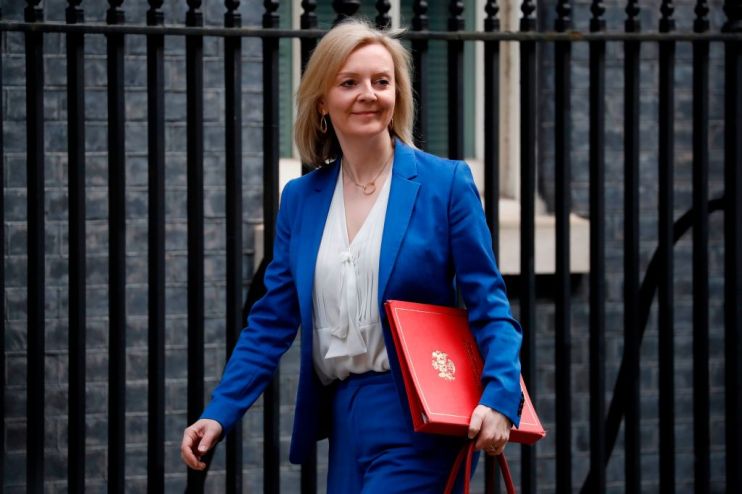UK’s new tariff regime creates path for EU trade deal, says trade experts

The government’s newly announced tariff regime has helped lay the path for a UK-EU free trade deal, according to trade experts.
The Department of International Trade announced its new “global tariff” today for when the UK leaves the post-Brexit transition period with the EU on 31 December.
It includes scrapping £30bn of taxes on imports, while maintaining the same tariffs on the agricultural and automotive sectors as under EU rules.
UK director of the European Centre For International Political Economy, a trade think tank, David Henig said the announcement was in line with expectations and that it showed the UK was looking to complete deals with the EU and US by the end of the year.
“I think it’s broadly in line with the situation currently, with some trade liberalisation, but it looks like where we were already heading toward – going down the trade agreement path,” he said.
“They’re trying to do trade deals with the EU and US which will remove all trade barriers, so the tariffs that were maintained were not surprising.”
The UK is currently negotiating trade deals with the EU and the US at the same time.
British negotiators have until 31 December to ratify a deal, or immediate barriers to trade will be implemented between the UK and EU.
Meanwhile, the second round of talks with the US will take place next month, with agricultural trade set to be one of the biggest policy issues.
Dr Rebecca Harding, trade expert from Coriolis Technologies, told Sky News that the new tariff guidelines from the UK showed the government was prioritising the EU trade deal over the US trade deal.
“It’s keeping tariffs as they are, which serves to keep the EU happy on agriculture and automotives,” she said.
“What the structure is trying to do is create a system whereby we can use agriculture as a bargaining chip, but we’re stating that these are our relationships with Europe and we’re almost prioritising those relationships first.
“We’re saying we want to make sure we keep things as they are in these two very important sectors and then we can talk to the United States.”
However, Harding also warned that the removal of all tariffs on products such as dishwashers, freezers and cooking products could make the UK “a dumping ground for cheap products”.
“That’s something that’s going to have to be watched,” she said.
“There are some serious reservations about how effective that would be and if UK farmers and UK producers can actually compete.”
CBI deputy director Josh Hardie said the new global tariff scheme would give businesses “much needed clarity on post-Brexit trade”.
“However, businesses will need time to assess the detail and ensuring there’s a system in place to address issues as they arise will be critical,” he said.
“Crucially, firms’ number one priority is for the government to strike a deal with the EU and ensuring continuity of existing trade deals.”